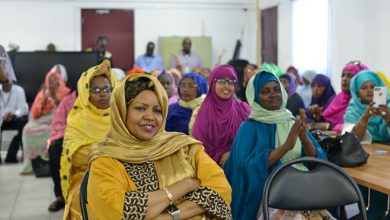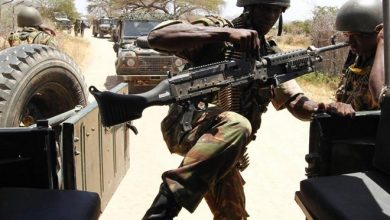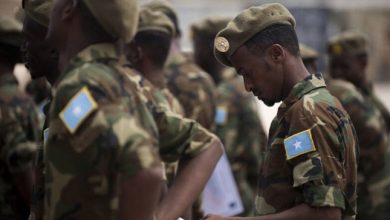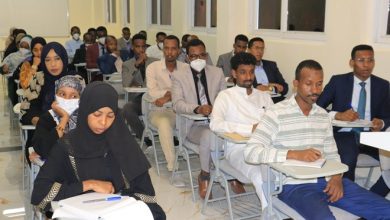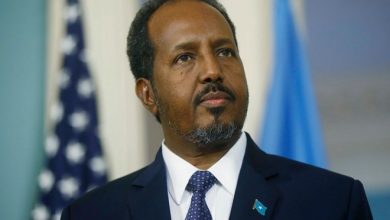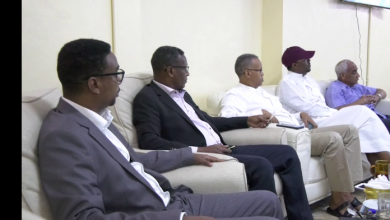UN says inadequate testing capacity slows COVID-19 response in Somalia
The United Nations humanitarian agency said on Monday that inadequate funding, a dearth of skilled health workers, and limited testing capacity are hampering progress in scaling up COVID-19 preparedness and responses in Somalia.
The United Nations humanitarian agency said on Monday that inadequate funding, a dearth of skilled health workers, and limited testing capacity are hampering progress in scaling up COVID-19 preparedness and responses in Somalia.
The UN Office for the Coordination of Humanitarian Affairs (UNOCHA) said inadequate supplies of necessary equipment and limited isolation facilities are also slowing efforts to avert large-scale local transmission.
“In addition, access to people living in hard-to-reach areas or areas controlled by non-state actors, which was already an issue, remains difficult,” OCHA said in its latest report on Monday.
It said humanitarian agencies in the last few weeks have reprioritized and reprogrammed activities to try and avert large-scale community transmission through enhanced risk communication, surveillance, rapid response and testing.
The UN agency said relief workers have also been training and deploying health workers with sufficient personal protective equipment (PPE), establishing isolation centers and escalating hygiene to curb the spread of COVID-19.
The Horn of Africa nation has so far reported 436 confirmed COVID-19 cases, 23 deaths and 10 recoveries amid concerns over the rapid spike in cases in the past week. Those affected include 15 health workers.
According to the UN agency, after a handful of initial cases related to travel, community transmission now accounts for the vast majority of cases.
“Concerns remain over the possible spread of the virus to some 2,000 congested IDP settlements where social distancing is impossible and adherence to infection prevention control measures is challenging,” said OCHA, referring to internally displaced persons (IDPs)
It said Banadir region, which covers the Somali capital, Mogadishu, is the most affected, with more than 400 confirmed cases. Some cases have been reported in the regional states of Somaliland and Puntland.
“Apart from Mogadishu, Hargeisa (Somaliland) and Garowe (Puntland), there is no testing capacity, and there is a lack of isolation and treatment facilities, thus limiting the capacity to contact trace and test cases,” said the UN.
It said all states have, however, announced various control measures such as closing borders, suspending flights, closing schools and banning large gatherings.
